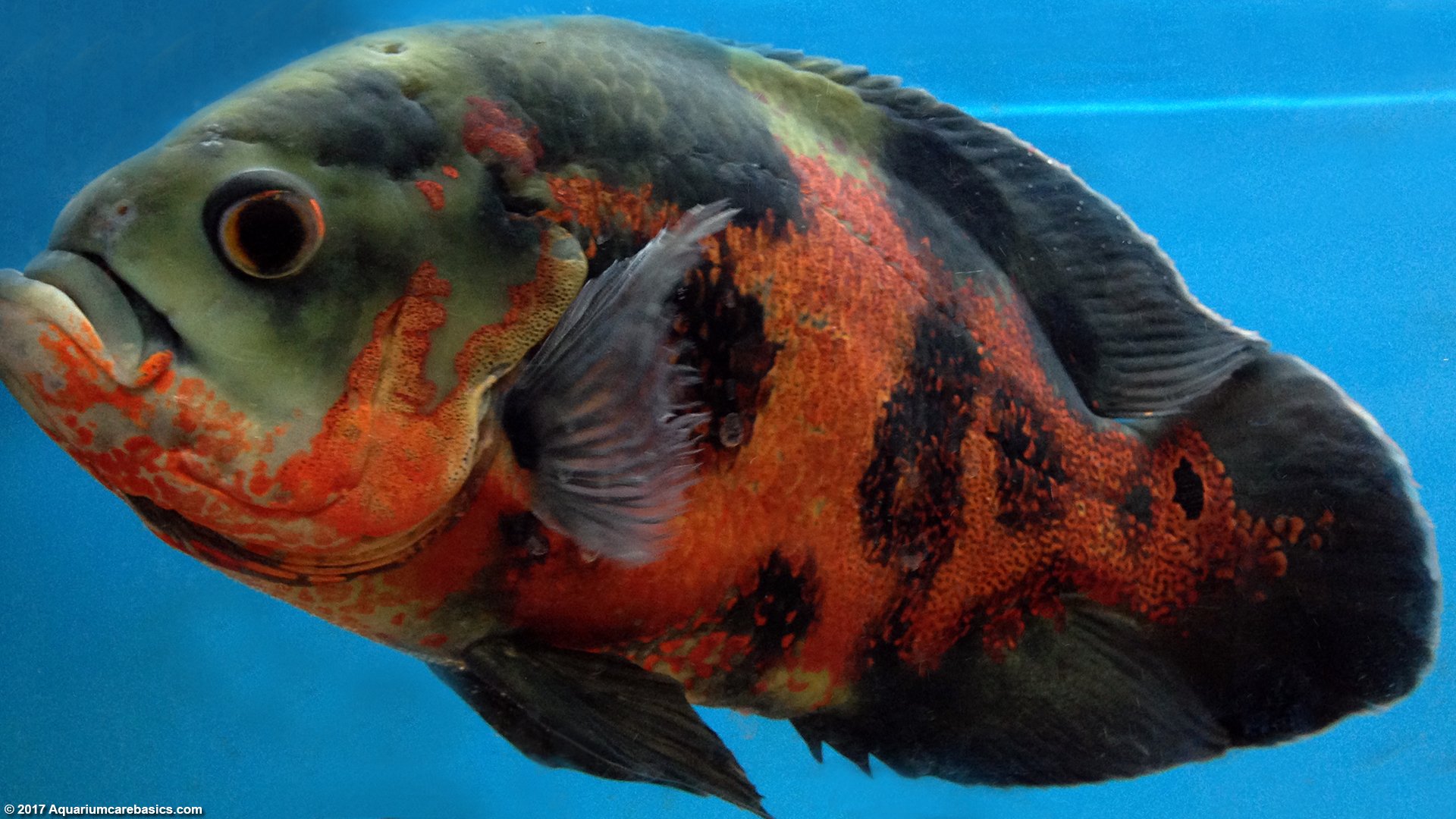


About 72% of fish farmers were ignorant about the aqua-chemicals’ residual effects on the environment and human health.Īs a result, this preliminary study suggested strictly monitoring the use of antibiotics, pesticides and other aqua-chemicals in aquaculture. Many fish farmers in the study areas reported the indiscriminate use of chemicals. However, most of the fish farmers (88%) needed proper knowledge of aqua-chemicals and antibiotics, and 81% were unaware of the effective dosages of chemicals in fish farming. Those are also used to improve water quality and increase the productivity of fish culture ponds or act as growth promoters.ĭespite contributing to the growth and development of the aquaculture sector, the use of these chemicals has been criticized for the potential adverse impacts on the environment and human health as well.Ī 2021 survey, conducted via face-to-face interviews with fish farmers in Rajshahi district of Bangladesh, found that farmers used nine active antibiotic ingredients in finfish rearing. The aqua-chemicals are mainly applied to prevent and treat bacterial, fungal and parasitic diseases. Photo by Yousuf Tushar / WorldFish Via Flickr ( CC BY-NC-ND 2.0). A woman feeding fish at her pond in Jessore, Bangladesh. To increase fish production to meet the protein demand of its growing population, Bangladesh has been using antibiotics and pesticides in fish culture and applying hormones in artificial fish breeding, which makes its food safety questionable.īacterial, viral, fungal and parasitic diseases often hit aquaculture production in Bangladesh and that is why fish farmers regularly use aqua-chemicals like antibiotics and pesticides to cut disease burden in fish farming. The country produced more than 1.25 million metric tons of freshwater fish in 2020 while it was only 440,000 metric tons in 1980, according to the United Nations Food and Agriculture Organization’s 2022 report on global fisheries and aquaculture. In addition, toxic industrial wastes containing heavy metals released into the aquatic environment may enter the food chain through biomagnification and may cause various health problems in humans.ĭHAKA – Bangladesh has recently achieved remarkable success in freshwater fish production due to its fast-growing aquaculture, securing third place in global freshwater fish farming.Research shows that 88% of fish farmers do not have proper knowledge of antibiotics use, and 81% are unaware of effective chemical dosages in fish farming.The use of antibiotics in fish culture and hormones in artificial fish breeding bring into question the safety of Bangladesh’s food supply, as exposure to high levels of these substances can harm human and environmental health.Bangladesh has recently achieved remarkable success in freshwater fish production, with more than 1.25 million metric tons of freshwater fish produced in 2020.


 0 kommentar(er)
0 kommentar(er)
